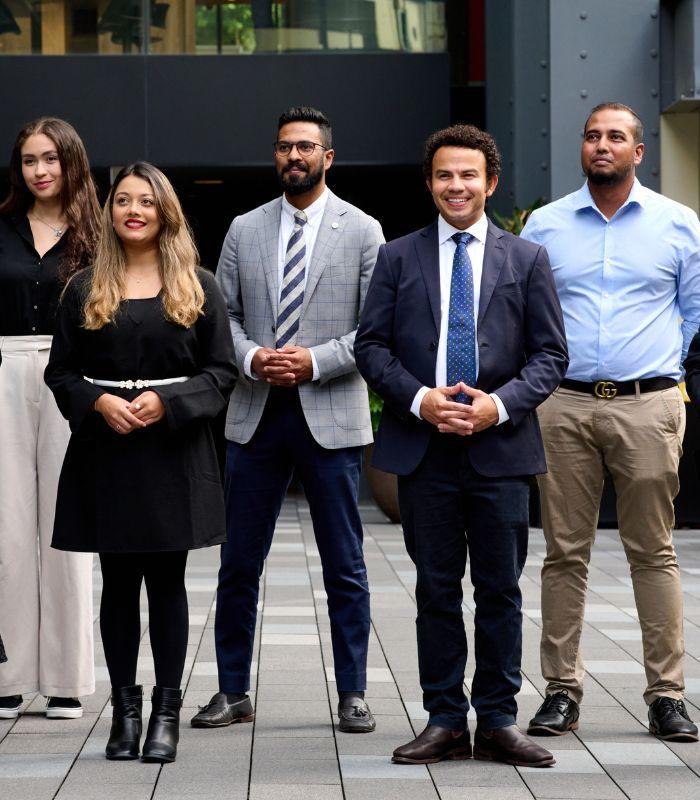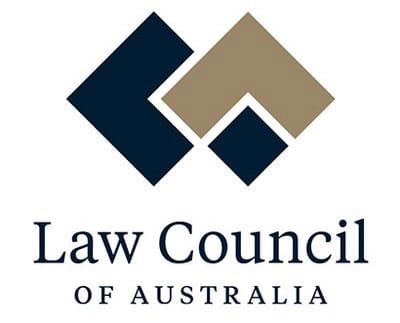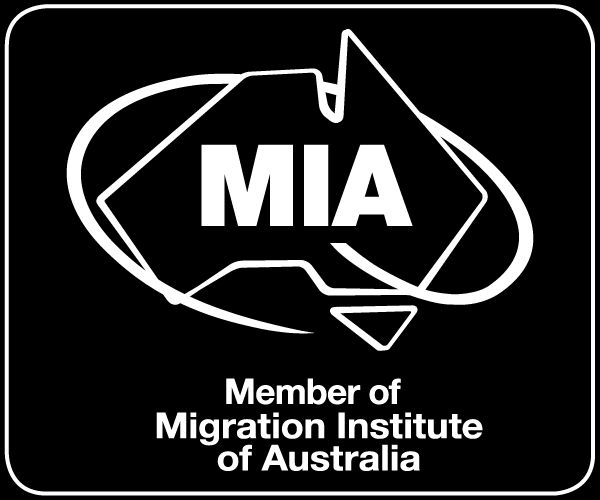Traffic Law
Traffic laws in Australia can be confusing—even stressful—especially if you’re staring at a fine, facing a licence suspension, or worse, being charged with a criminal offence like drink driving. Every state and territory has its own rules, penalties, and exceptions, which makes it even harder to know where you stand.
That’s why understanding traffic law in NSW and across Australia is so important. And if you’re in a tough spot, knowing where to turn for help can make all the difference.
At CIA Lawyers, we don’t just explain the rules—we fight to protect your rights. Whether it’s disputing a penalty notice or defending you in court, we’re here to help you stay on the road and out of trouble.
What Is Traffic Law?
Traffic law refers to the rules and regulations that control how people drive on public roads. These include laws around speeding, drink and drug driving, mobile phone use, seatbelts, demerit points, and many others.
In New South Wales, offences can range from minor infringements (like a parking fine) to serious criminal charges (like dangerous driving causing death). And many of these offences come with strict penalties—fines, licence disqualifications, demerit points, or even jail.
If you’re not sure what the law says about your situation, it’s a good idea to speak with a traffic law expert before you take another step.
Are Traffic Laws the Same Across Australia?
Nope. Not exactly. Australia doesn’t have one single set of national traffic laws. That’s because the Australian Constitution doesn’t allow the federal government to make road rules for all states and territories.
Instead, each state and territory sets its own traffic laws. While most states follow a common guide known as the Australian Road Rules, not every rule has been adopted everywhere. And even where rules look similar, local differences can still trip you up.
So, if you’ve moved interstate or you’re visiting, it’s smart to brush up on the rules where you’re driving.
Some Traffic Rules Are Consistent
Here are some basic rules that apply in all states and territories:
- You can drive on an overseas licence, but only up to 3 months in the Northern Territory.
- If your licence isn’t in English, carry a recognised English translation or international driving permit.
- The general legal alcohol limit is 0.05% BAC, though it can be lower for learner or commercial drivers.
- Everyone in the car must wear a seatbelt or proper child restraint. Fines apply to the driver and unbelted adult passengers.
- Roundabout rules: Signal left when turning left or exiting. Signal right when turning right.
- Always give way to the right at intersections with no signs or lines.
- At a T-intersection, traffic on the continuing road has right of way.
- You must dip your high beams within 200 metres of another car.
- Don’t stop or park within 20 metres before and 10 metres after a bus stop—unless there’s a sign that says you can.
- Don’t stop near an Australia Post box unless you’re dropping off or picking up passengers or mail.
- A STOP line or GIVE WAY line on the road has the same legal force as a stop or give way sign.
- When merging, you must give way to any vehicle already in the lane you want to enter.
- Always signal for at least 5 seconds when moving off from a parked position.
- Don’t park next to a yellow line.
- You’re allowed to cross a single continuous dividing line to turn into a property or road.
- You can legally overtake on the left on multi-lane roads and motorways.
- In a shared zone, pedestrians have right of way—always.
- Don’t park closer than 1 metre to another vehicle.
- You can’t park less than 10 metres from an intersection without lights or less than 20 metres from one with lights.
- Vehicles over 7.5 metres long can’t be parked for more than 1 hour in a built-up area (unless signed).
- Cyclists can ride side by side if they’re not more than 1.5 metres apart.
- You must wear an approved helmet if you’re riding a bike.
Some Rules Differ Between States and Territories
Even though most rules are standard, plenty of differences still exist. Here’s a glimpse of some varying rules:
- Leaving a central parking bay in reverse is not allowed in some states.
- Some states require you to slow to 40 km/h when passing an emergency vehicle.
- In NSW, drivers must not splash mud on bus passengers or people at stops—yes, really.
- Only certain states allow crossing a solid line to pass a bicycle legally.
- In South Australia, you must not exceed 25 km/h around schoolchildren—even if it’s outside school hours.
- The default speed limit in built-up areas is usually 50 km/h—except NT, where it’s 60.
- Giving way to buses re-entering traffic is required in most places, but not all.
- Some states let cyclists ride on footpaths; others don’t.
It’s these little differences that can catch people out. That’s why getting tailored legal advice is so important—especially if you’ve been fined or charged in a state you’re not familiar with.
Penalties for Traffic Offences
Depending on what you’re dealing with, traffic penalties may include:
- Fines
- Demerit points
- Licence suspension or disqualification
- Vehicle impoundment
- Imprisonment (in serious cases)
And sometimes, the consequences hit harder than just the penalty. A suspended licence could mean losing your job. A drink driving charge could leave you with a criminal record. These outcomes can follow you for years.
What Should You Do If You’ve Been Charged?
The first thing? Don’t panic. But don’t ignore it either. Your next step should be getting proper legal advice—because acting early can make a big difference. Whether you want to challenge a fine, explain your circumstances in court, or apply for a restricted work licence, speaking to a traffic lawyer is your best bet.
At CIA Lawyers, we understand how stressful traffic charges can be. We’ve helped countless clients deal with everything from low range drink driving to dangerous driving causing injury or death. Our job is to help you understand your rights, build your case, and fight for the best possible outcome.
Why Choose CIA Lawyers for Your Traffic Law Matter?
Traffic offences might seem minor — until they’re not. A simple fine can quickly turn into a licence suspension, a criminal record, or even jail time. And when your job or reputation is on the line, things can get stressful fast.
That’s where CIA Lawyers step in. We know traffic law inside and out — from fighting fines and saving licences to defending serious driving charges. We’ll explain your options in plain English, handle the legal process, and give you honest advice you can trust.
You don’t need to do this alone. Whether it’s your first offence or your third, we’re here to help.
Contact CIA Lawyers today. Let’s protect your licence, your future, and your peace of mind.

FAQs
What’s the difference between a penalty notice and a court attendance notice?
Can I get a work licence if mine gets suspended?
Will a drink driving charge give me a criminal record?
What happens if I ignore a traffic fine?
Can a traffic offence in one state affect your licence in another?
Our Process
Connect with a qualified solicitor to discuss your immigration needs and determine the best strategy for securing your visa under Australian immigration law.
Our legal consultants will guide you through the preparation of all required documentation, including any necessary written or oral submissions.
We stand by your side throughout the entire process, advocating on your behalf and supporting you until your visa application is successfully approved.
Visa Services
- Visitor Visas (Subclass 600)
- Student Visas (Subclass 500)
- Work Visas
- Partner Visas (Subclass 820/801)
- Family Visas
- Business & Investment Visas
- Skilled Migration
Let Us Help You !
we are dedicated to helping you achieve your visa and immigration goals.





